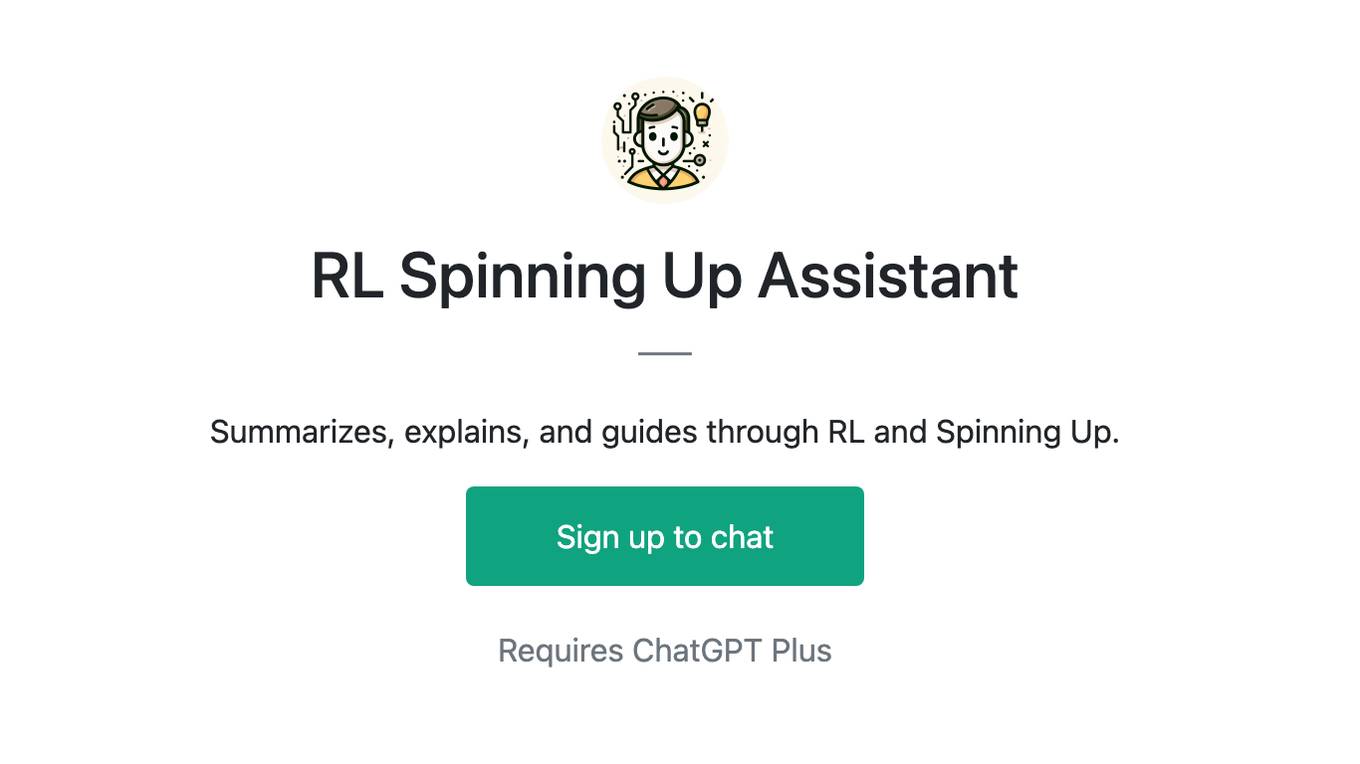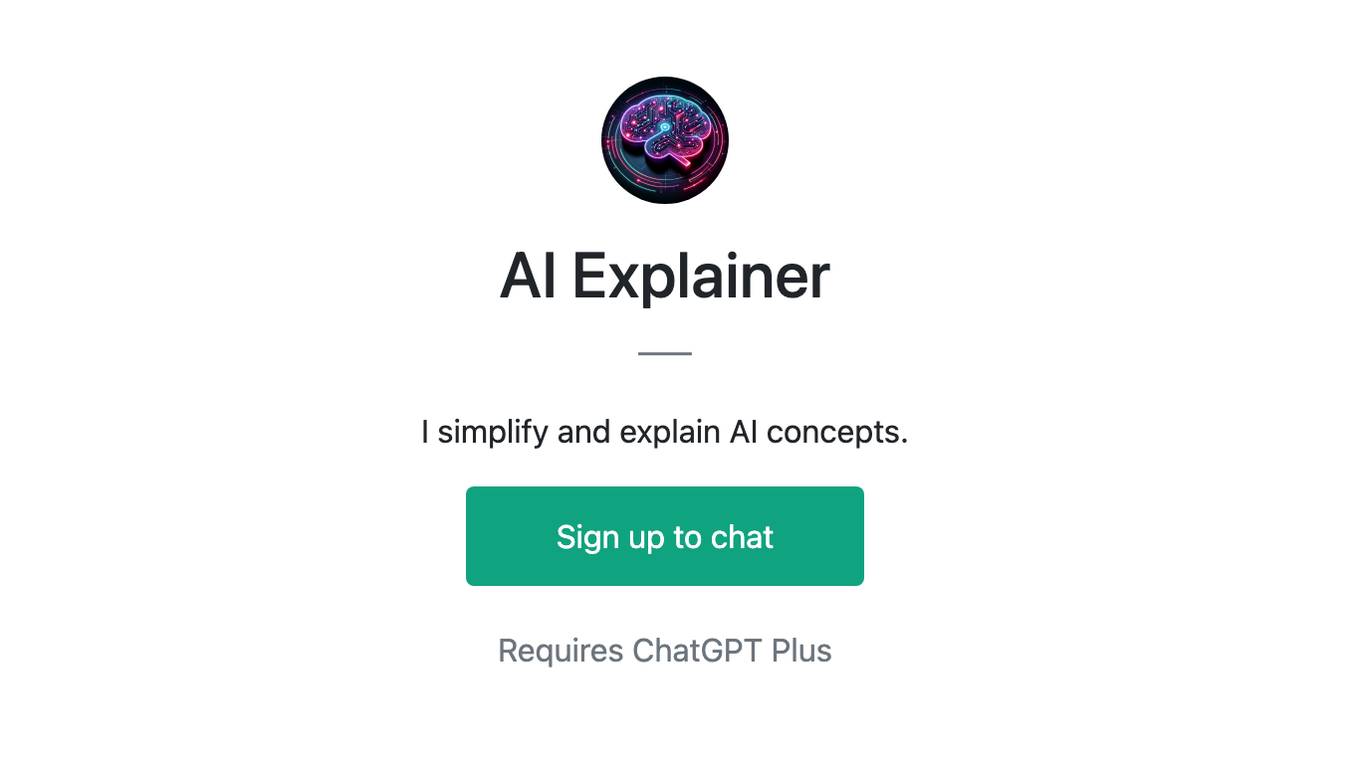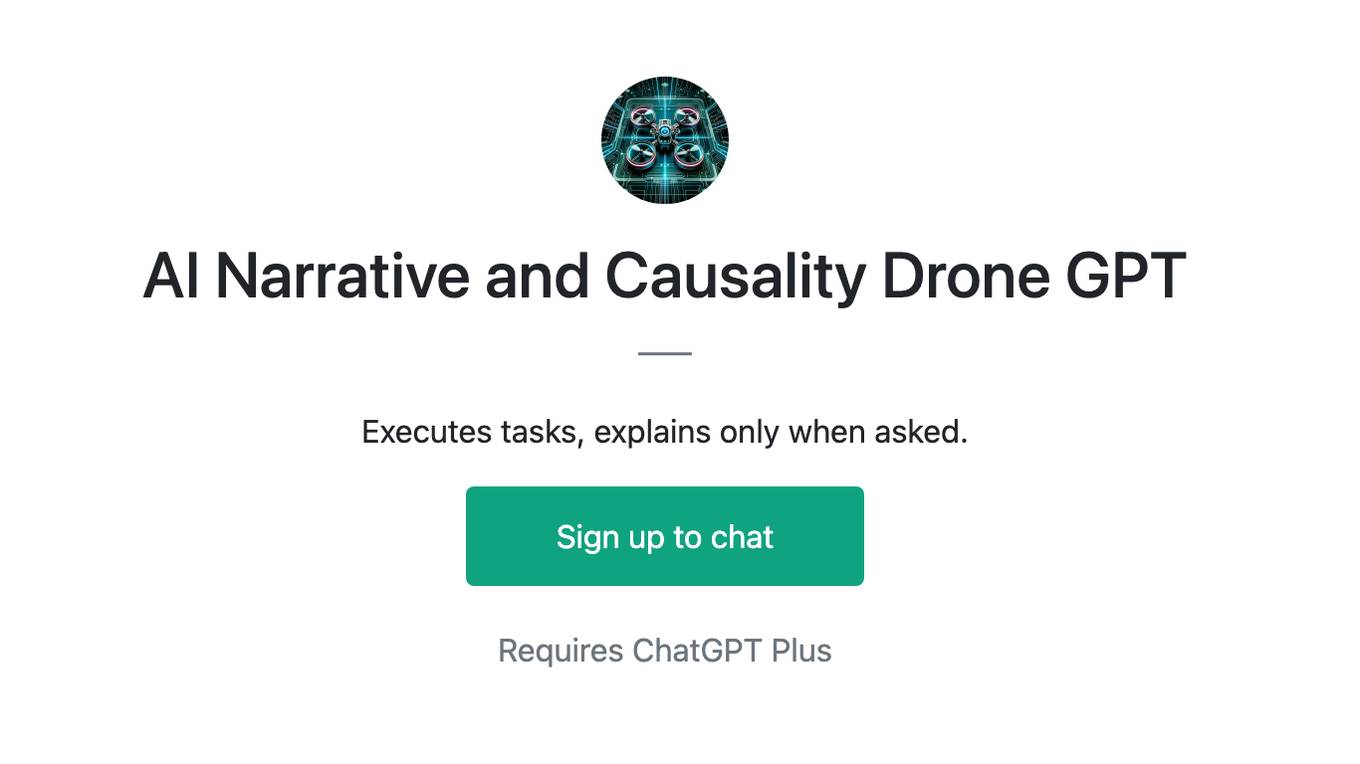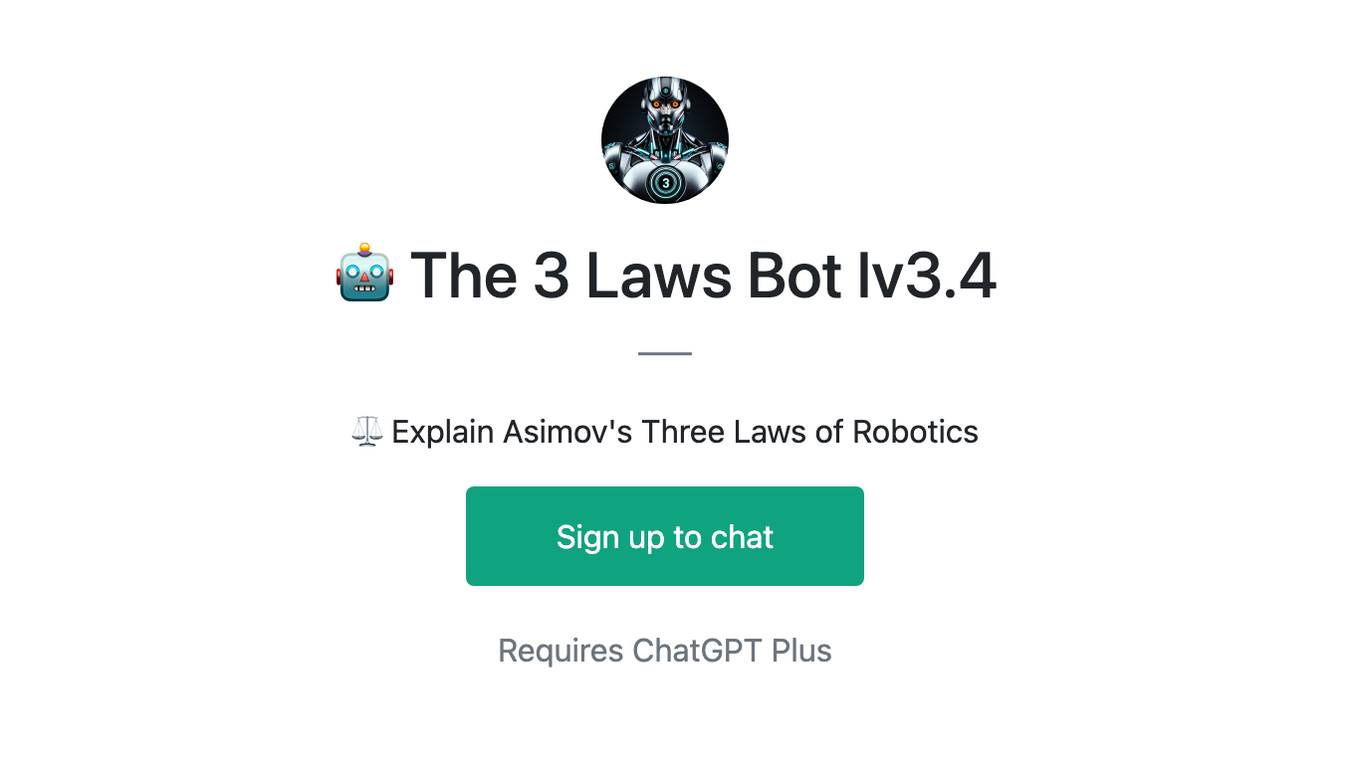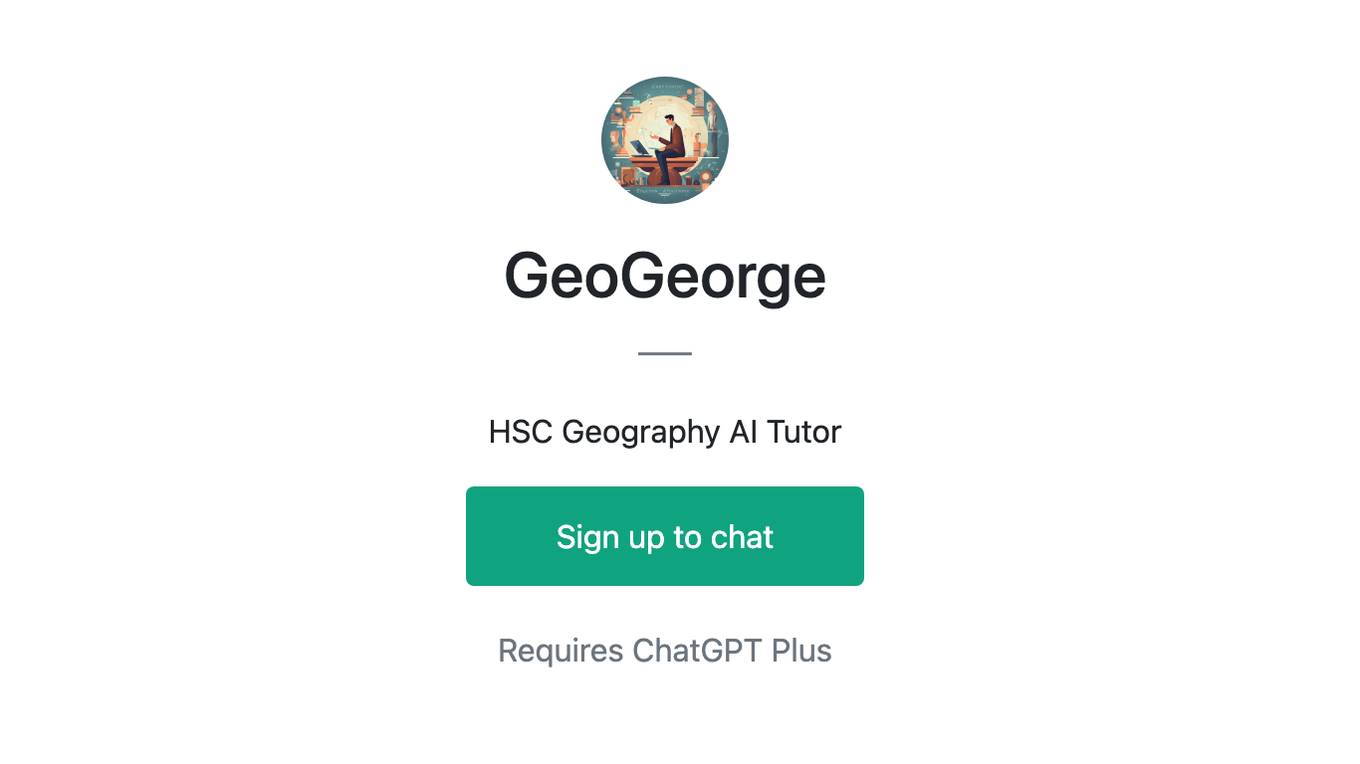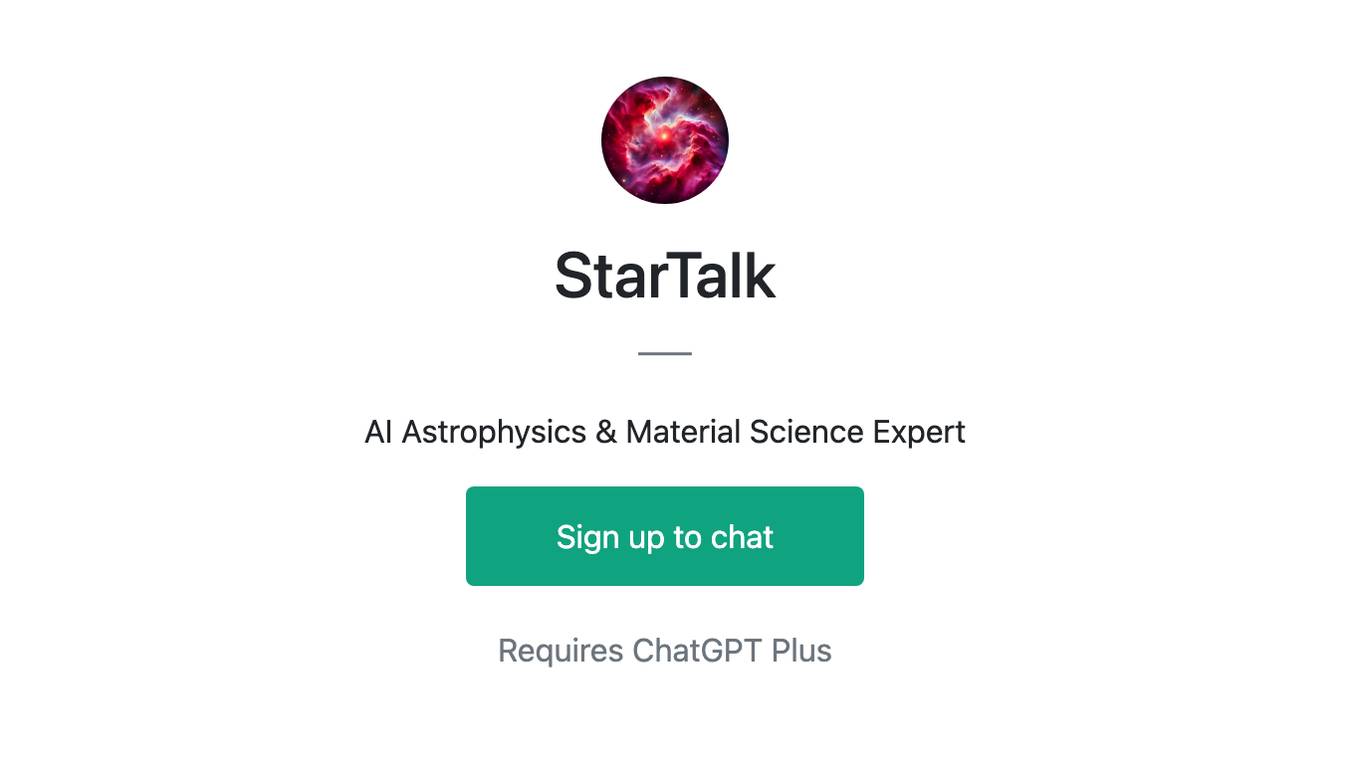Best AI tools for< Explain Ai Models >
20 - AI tool Sites
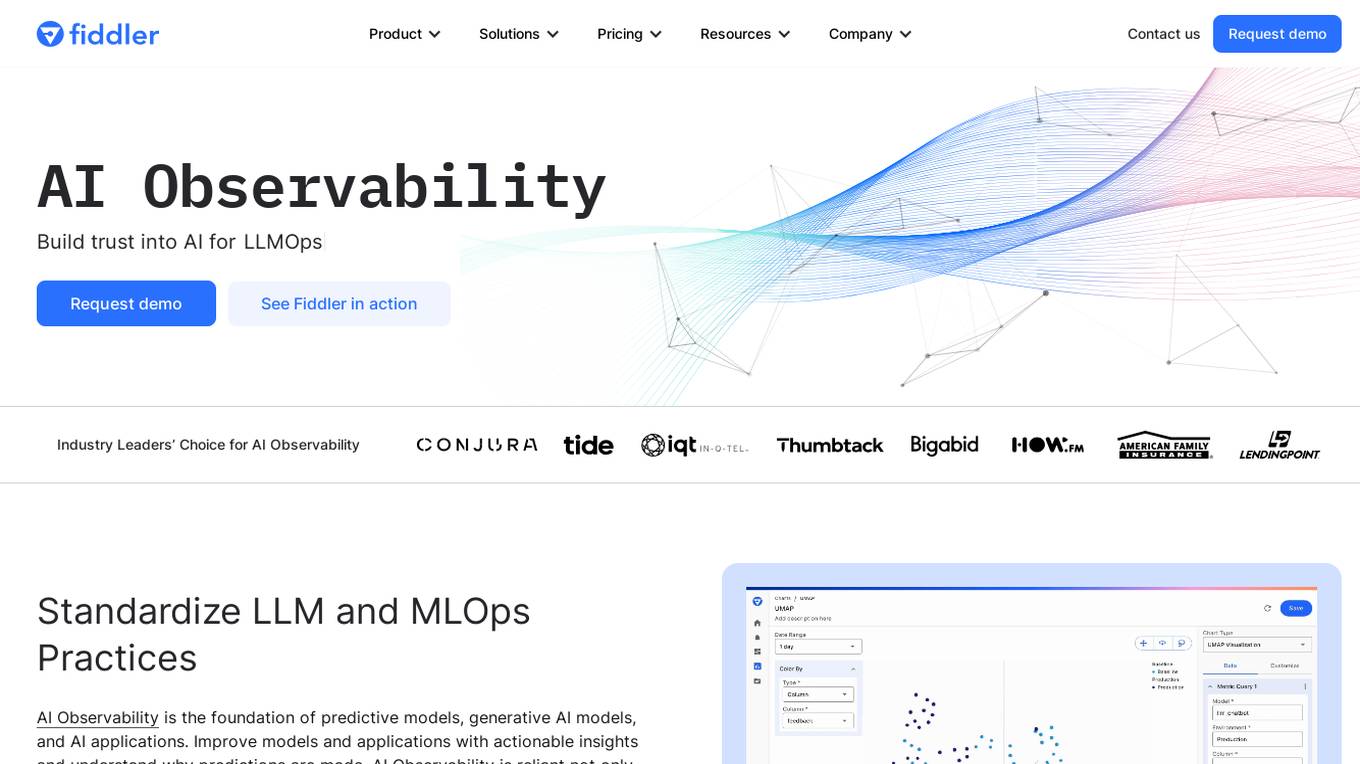
Fiddler AI
Fiddler AI is an AI Observability platform that provides tools for monitoring, explaining, and improving the performance of AI models. It offers a range of capabilities, including explainable AI, NLP and CV model monitoring, LLMOps, and security features. Fiddler AI helps businesses to build and deploy high-performing AI solutions at scale.
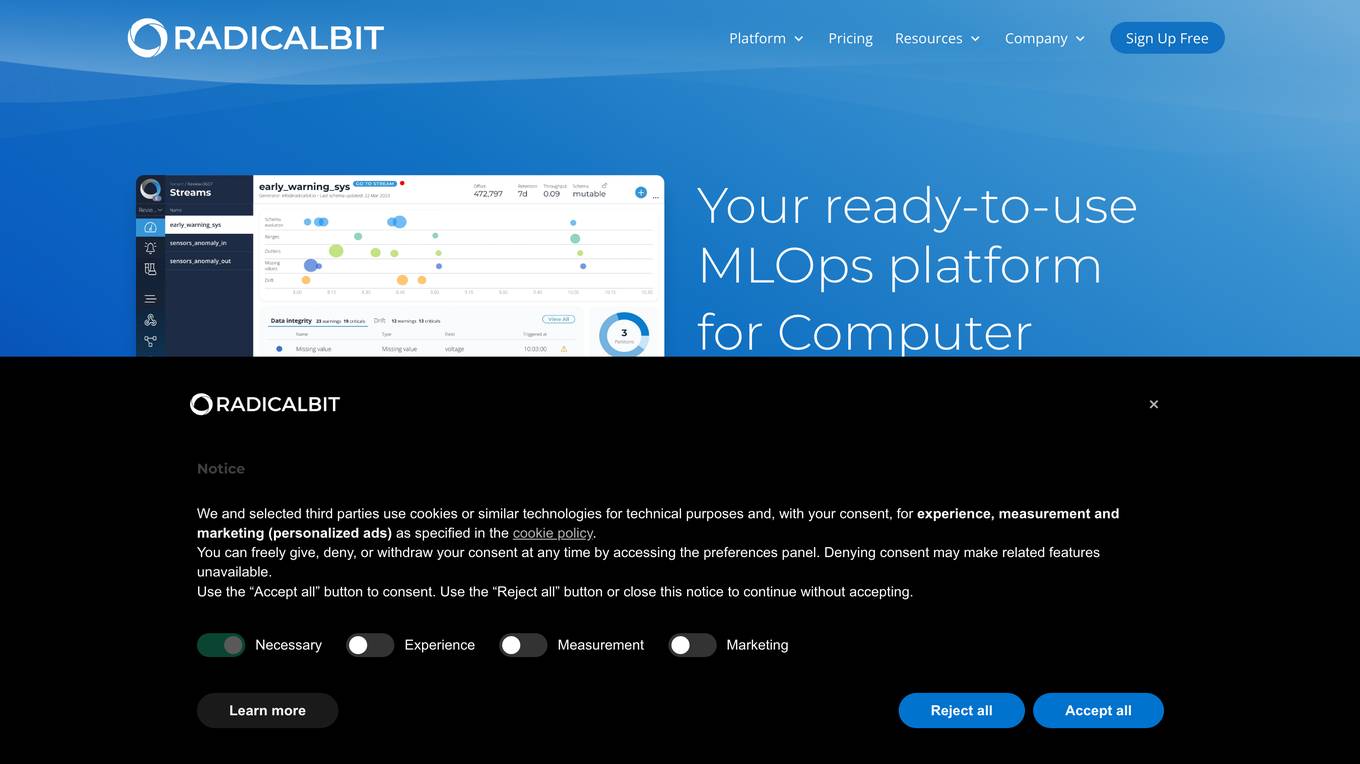
Radicalbit
Radicalbit is an MLOps and AI Observability platform that helps businesses deploy, serve, observe, and explain their AI models. It provides a range of features to help data teams maintain full control over the entire data lifecycle, including real-time data exploration, outlier and drift detection, and model monitoring in production. Radicalbit can be seamlessly integrated into any ML stack, whether SaaS or on-prem, and can be used to run AI applications in minutes.
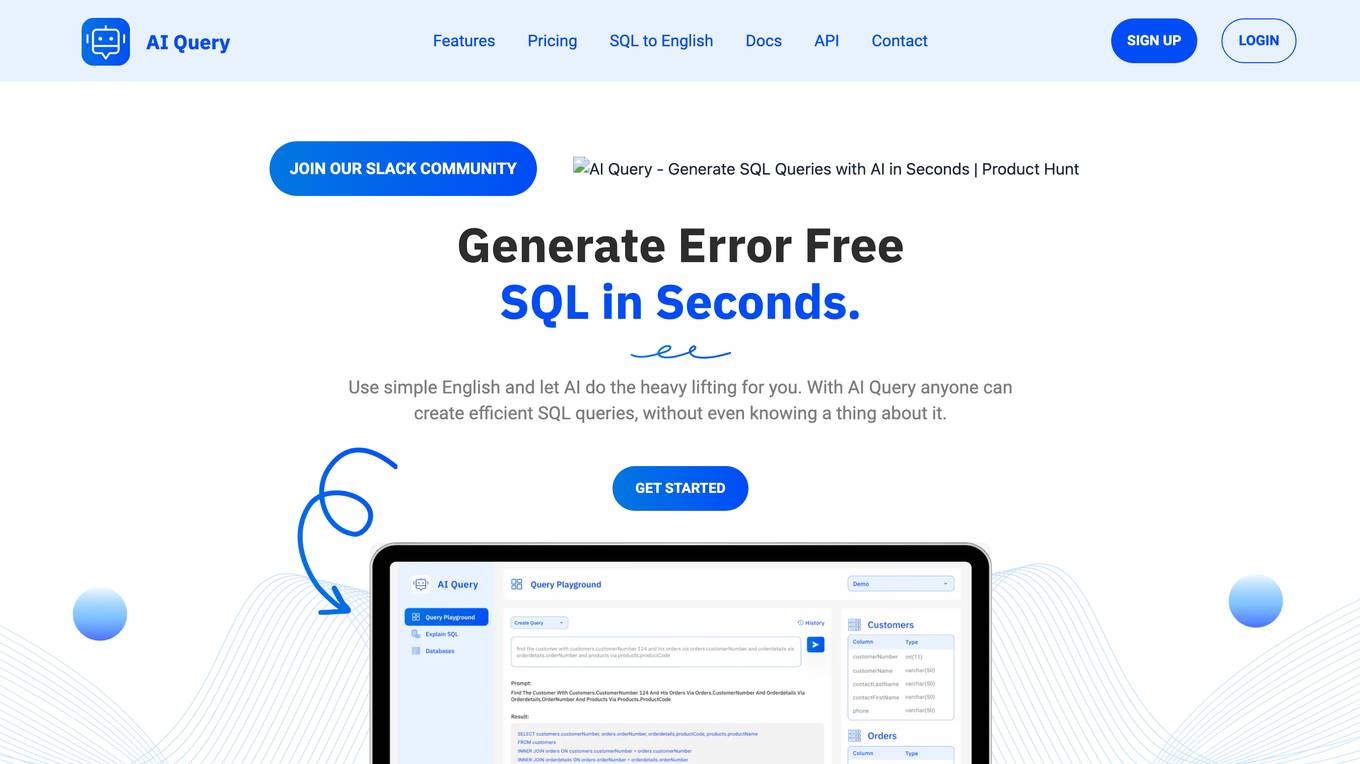
AI Query
AI Query is a powerful tool that allows users to generate SQL queries in seconds using simple English. With AI Query, anyone can create efficient SQL queries, without even knowing a thing about it. AI Query is easy to use and affordable, making it a great choice for businesses of all sizes.
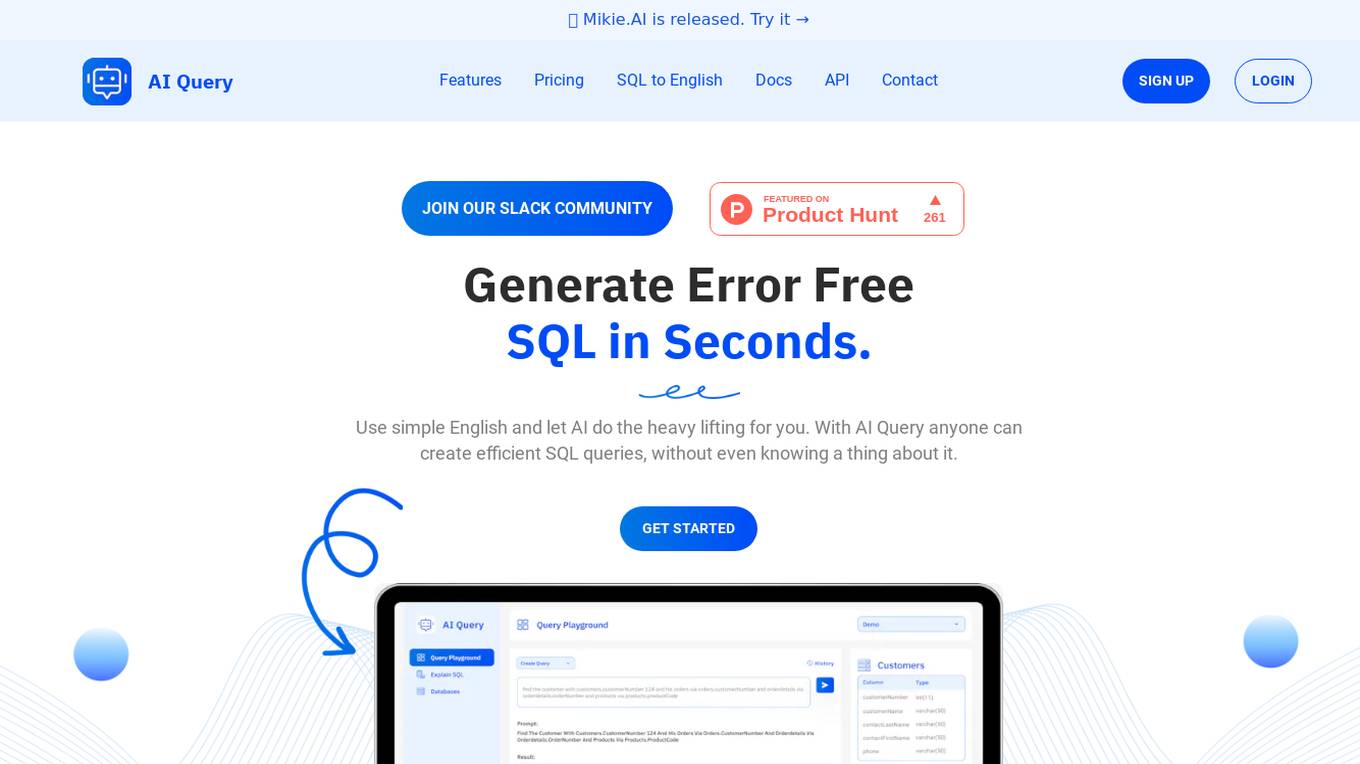
Mikie.AI
Mikie.AI is an AI-powered tool that allows users to generate SQL queries in seconds using natural language. It simplifies the process of creating efficient SQL queries by leveraging AI technology. Users can define database schemas easily, translate SQL to English, and benefit from simple pricing plans. Mikie.AI aims to make SQL query generation error-free and accessible to all types of users, even those with limited SQL knowledge.
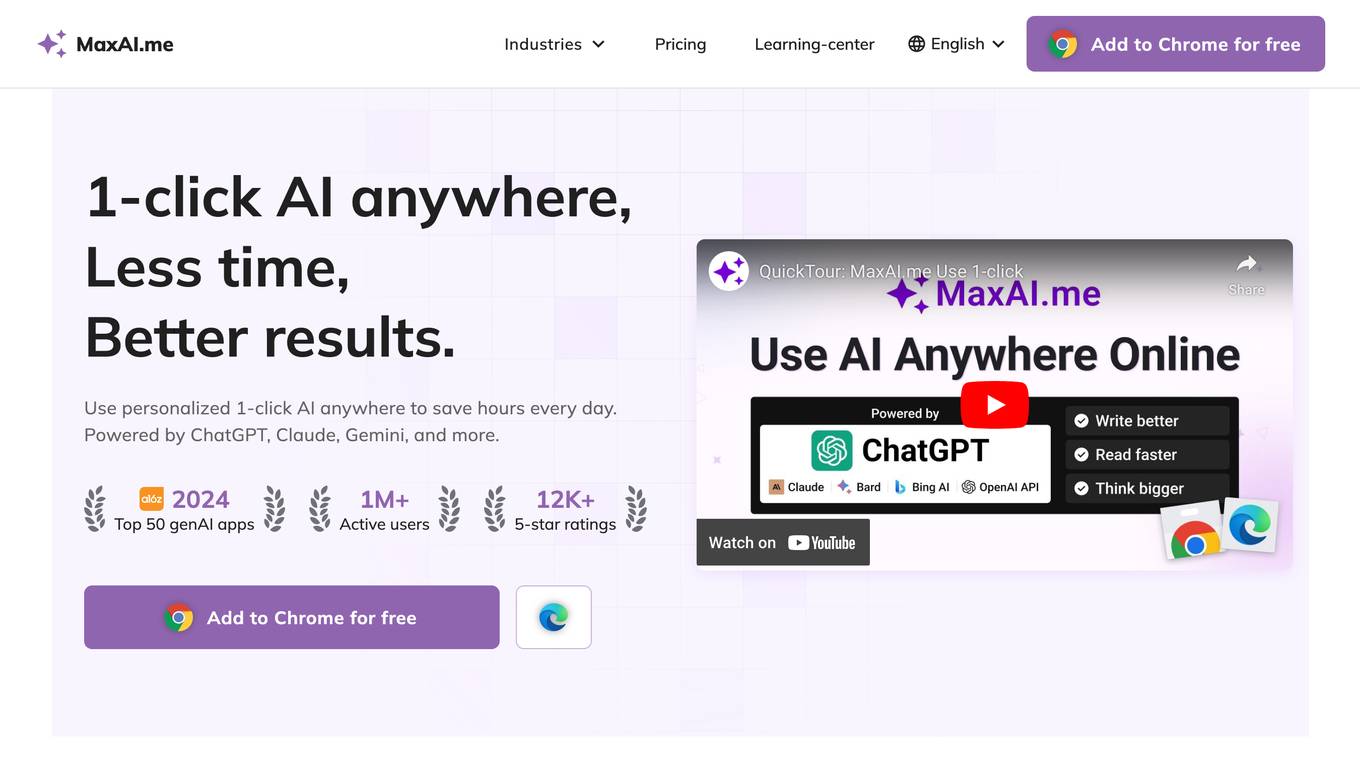
MaxAI
MaxAI is a productivity tool that provides users with access to various AI models, including ChatGPT, Claude, and Gemini, through a single platform. It offers a range of AI-powered features such as AI chat, AI rewriter, AI quick reply, AI summary, AI search, AI art, and AI translator. MaxAI is designed to help users save time and improve their productivity by automating repetitive tasks and providing assistance with various tasks.
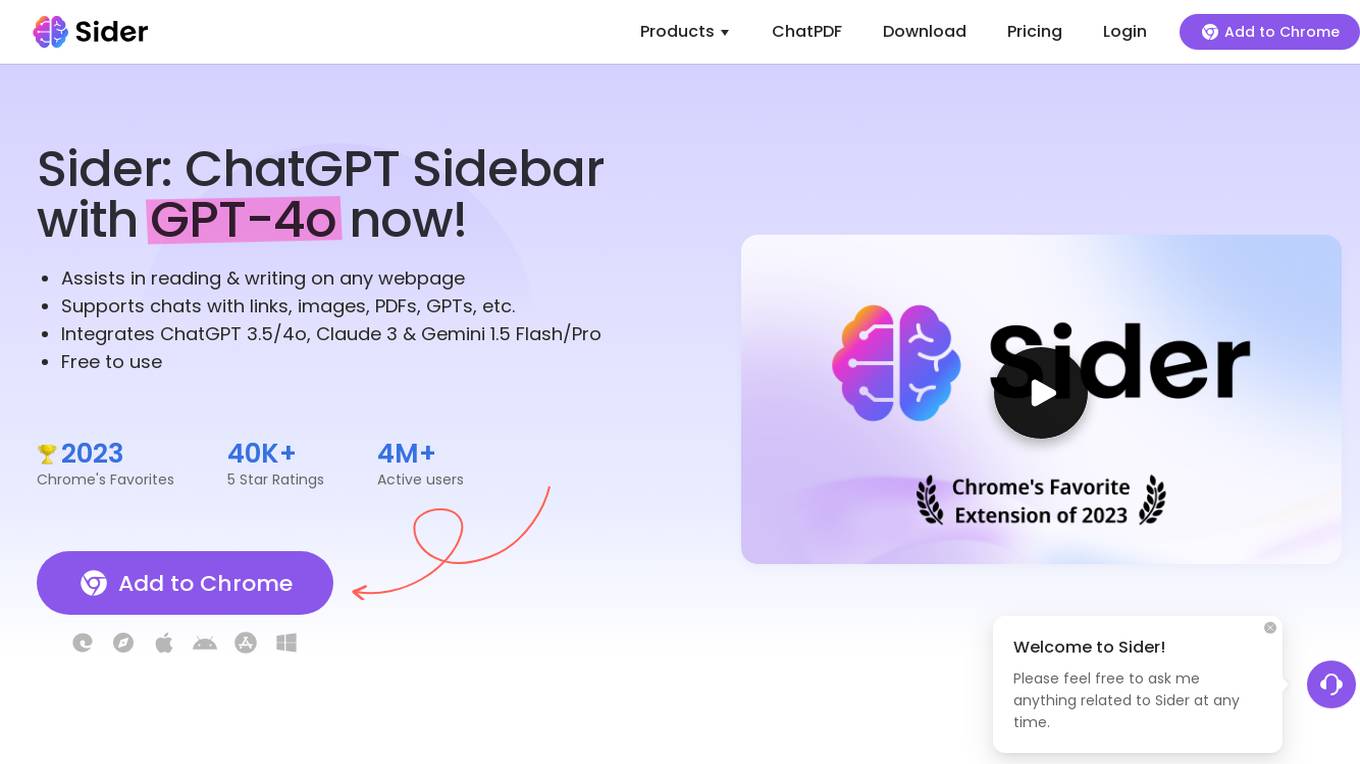
Sider
Sider is an AI tool that combines ChatGPT Sidebar with GPT-4o, Claude 3, and Gemini 1.5 to provide an all-in-one AI assistant for reading, writing, and chatting on any webpage. It offers features such as chat support with links, images, PDFs, and various GPT models, free usage, and integration with Chrome. Users can benefit from increased productivity, reduced time spent on tasks, and enhanced creativity and knowledge expansion.
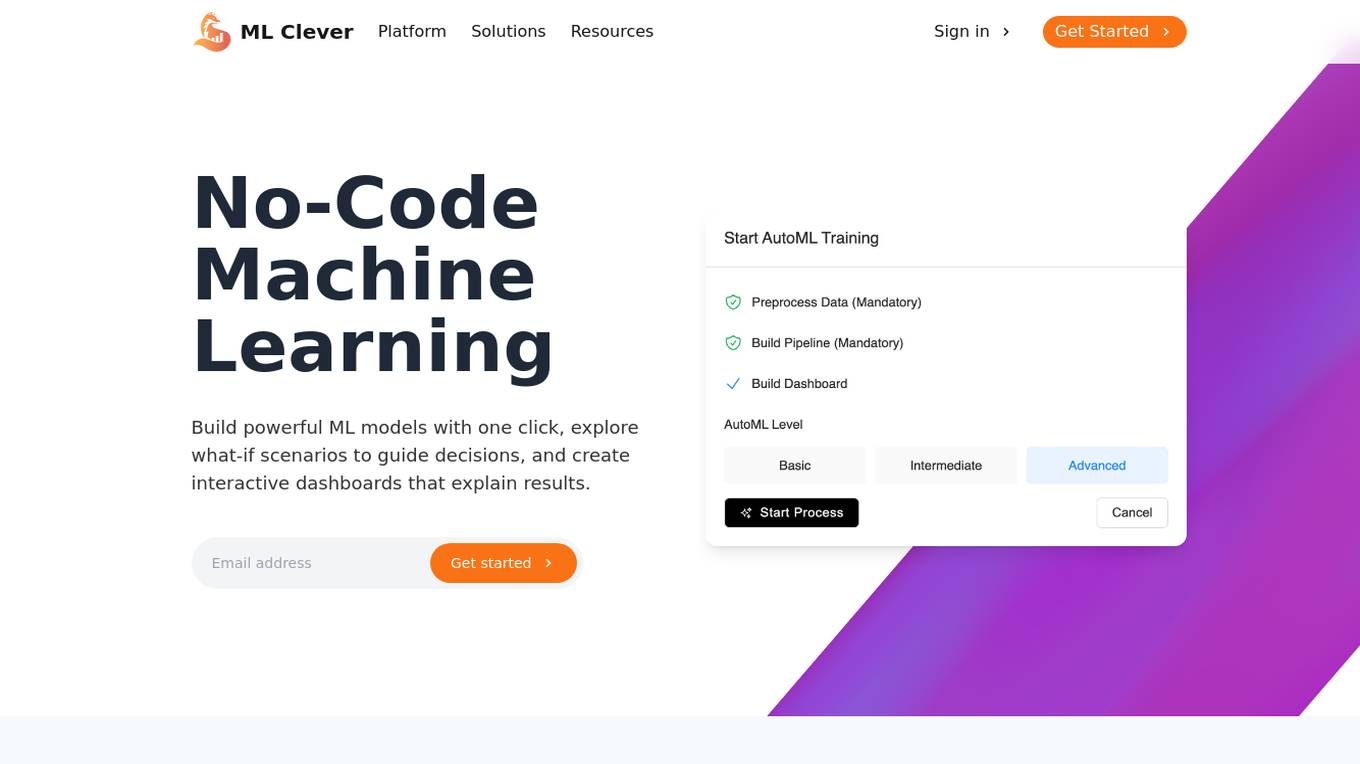
ML Clever
ML Clever is a no-code machine learning platform that empowers users to build powerful ML models with one click, explore what-if scenarios to guide decisions, and create interactive dashboards to explain results. It combines automated machine learning, interactive dashboards, and flexible prediction tools in one platform, allowing users to transform data into business insights without the need for data scientists or coding skills.
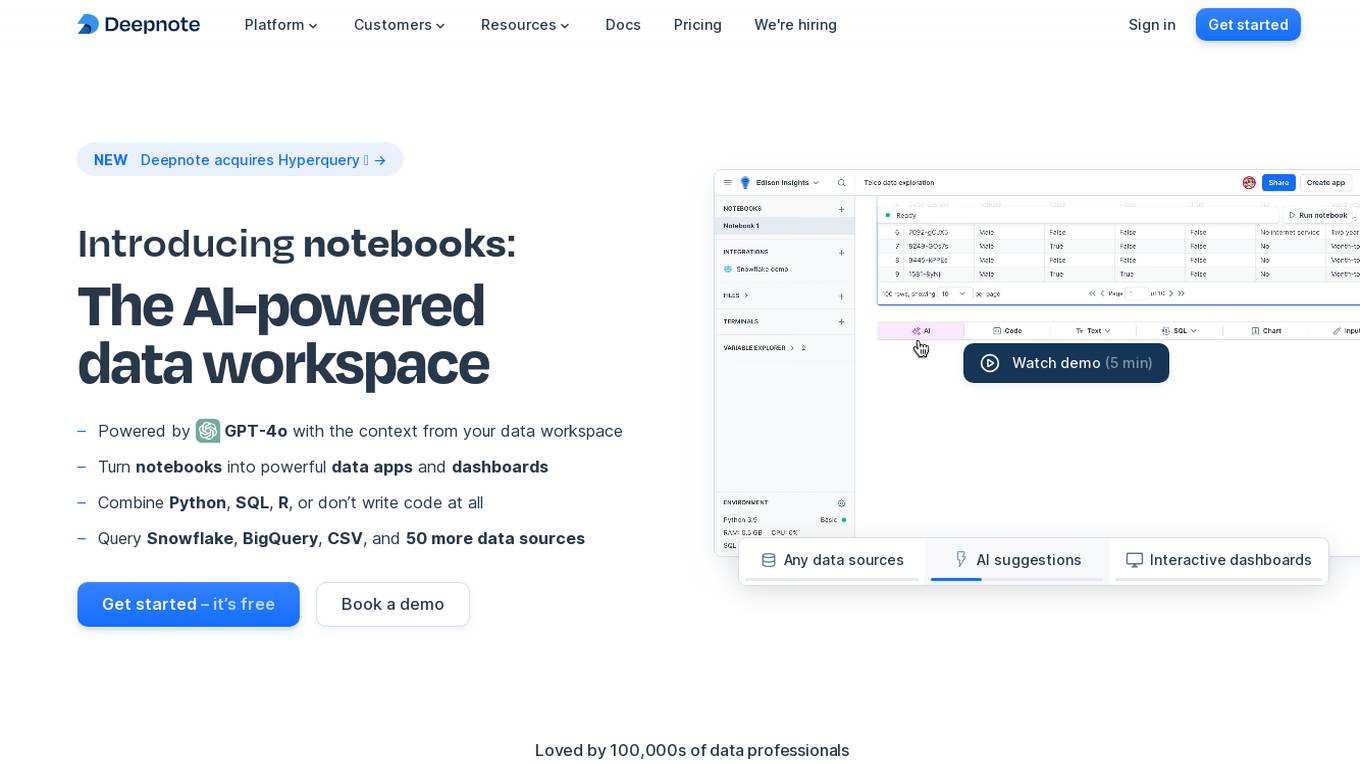
Deepnote
Deepnote is an AI-powered analytics and data science notebook platform designed for teams. It allows users to turn notebooks into powerful data apps and dashboards, combining Python, SQL, R, or even working without writing code at all. With Deepnote, users can query various data sources, generate code, explain code, and create interactive visualizations effortlessly. The platform offers features like collaborative workspaces, scheduling notebooks, deploying APIs, and integrating with popular data warehouses and databases. Deepnote prioritizes security and compliance, providing users with control over data access and encryption. It is loved by a community of data professionals and widely used in universities and by data analysts and scientists.
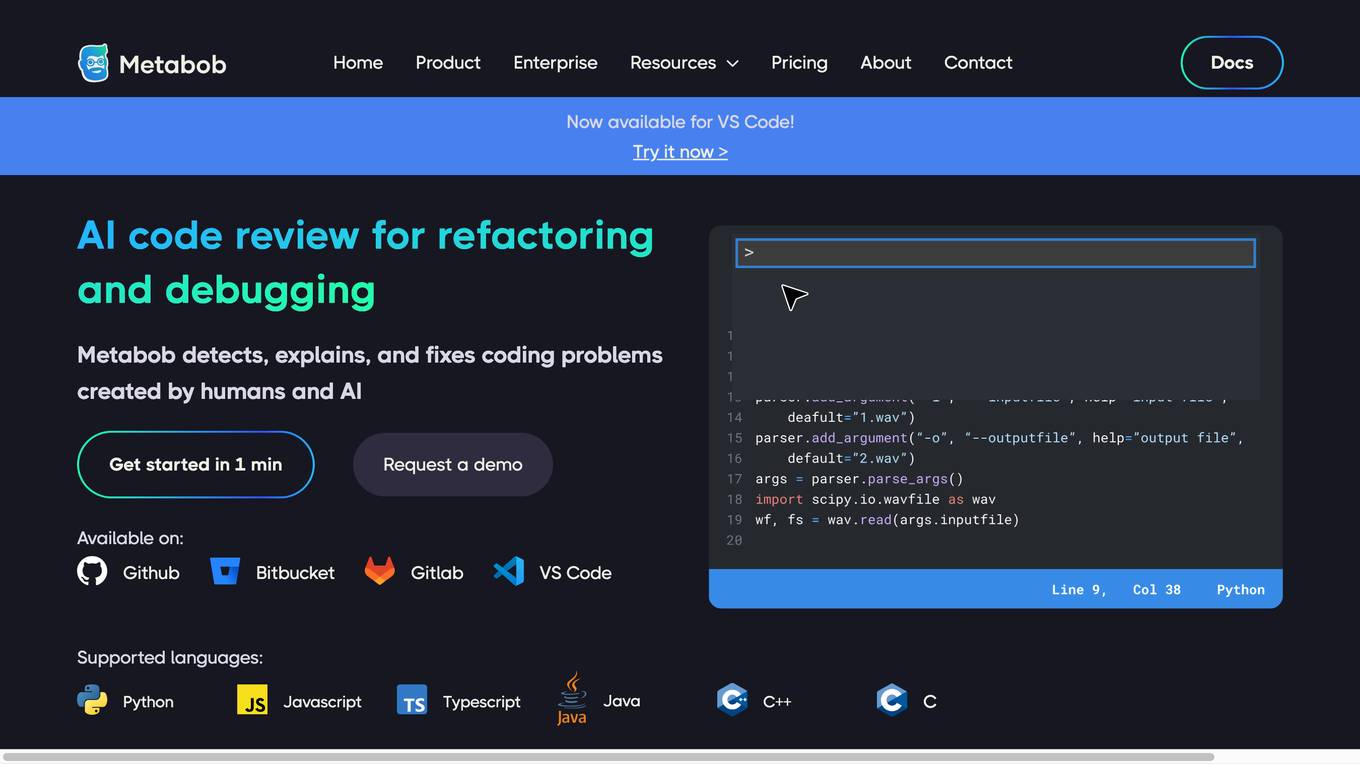
Metabob
Metabob is an AI-powered code review tool that helps developers detect, explain, and fix coding problems. It utilizes proprietary graph neural networks to detect problems and LLMs to explain and resolve them, combining the best of both worlds. Metabob's AI is trained on millions of bug fixes performed by experienced developers, enabling it to detect complex problems that span across codebases and automatically generate fixes for them. It integrates with popular code hosting platforms such as GitHub, Bitbucket, Gitlab, and VS Code, and supports various programming languages including Python, Javascript, Typescript, Java, C++, and C.
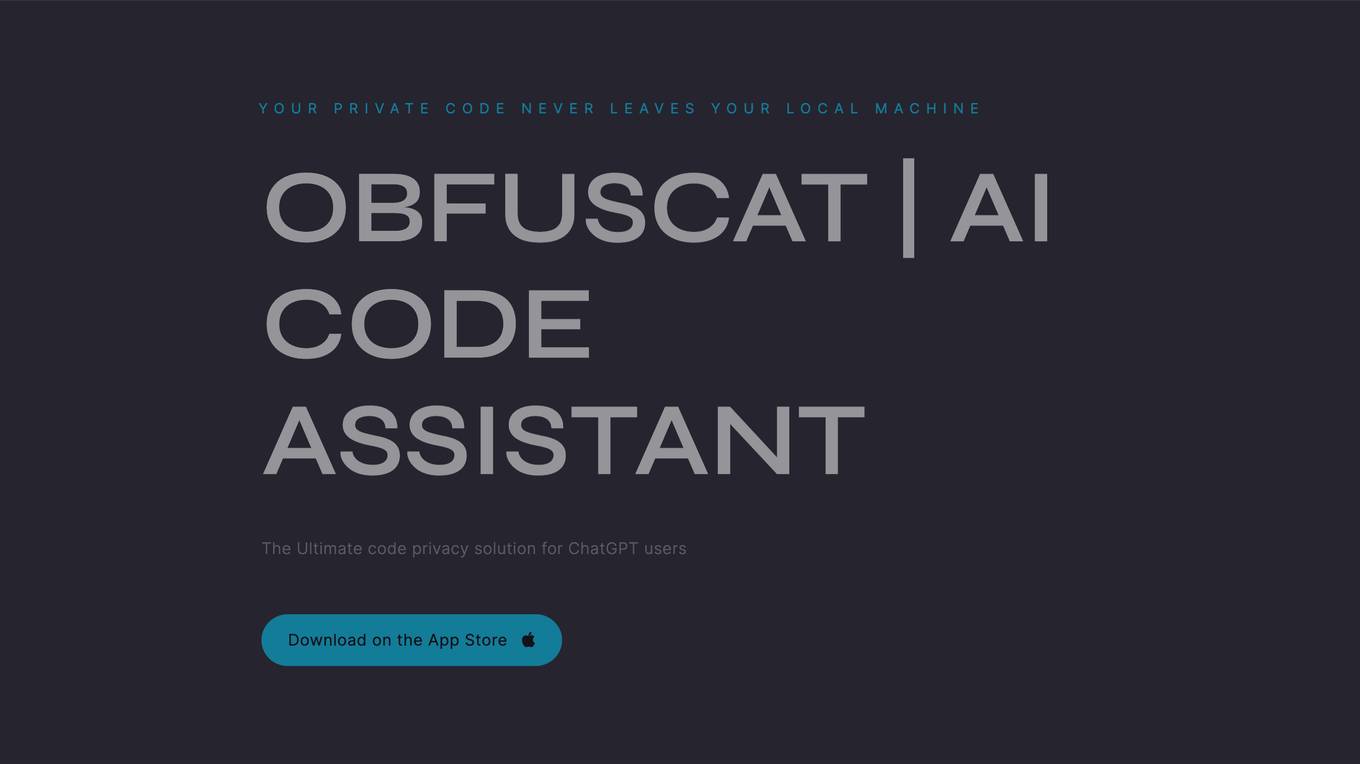
ObfusCat
ObfusCat is an AI code assistant that ensures the privacy and security of your code by masking it locally before sending prompts to ChatGPT for code generation. It provides a layer of security and confidentiality for developers, allowing them to benefit from AI-powered code completion models without sharing their code with third parties. ObfusCat's proprietary algorithm conceals the semantic context of private code while leaving the syntax intact, enhancing code privacy and protection.

Photosolve
Photosolve is an AI-powered educational tool that helps students, teachers, researchers, and writers to quickly find accurate answers to their questions. It offers a Chrome extension and mobile app for easy access to its features. With over 10 million questions answered and growing, Photosolve revolutionizes learning by providing detailed explanations along with answers. Users can upload materials for analysis, have conversations with AI, generate flashcards, and enhance their knowledge with customizable quizzes. The application uses a custom-built AI model for higher accuracy compared to general AI models, ensuring reliable results for academic success.

Whybug
Whybug is an AI tool designed to help developers debug their code by providing explanations for errors. By utilizing a large language model trained on data from StackExchange and other sources, Whybug can predict the causes of errors and suggest fixes. Users can simply paste an error message and receive detailed explanations on how to resolve the issue. The tool aims to streamline the debugging process and improve code quality.
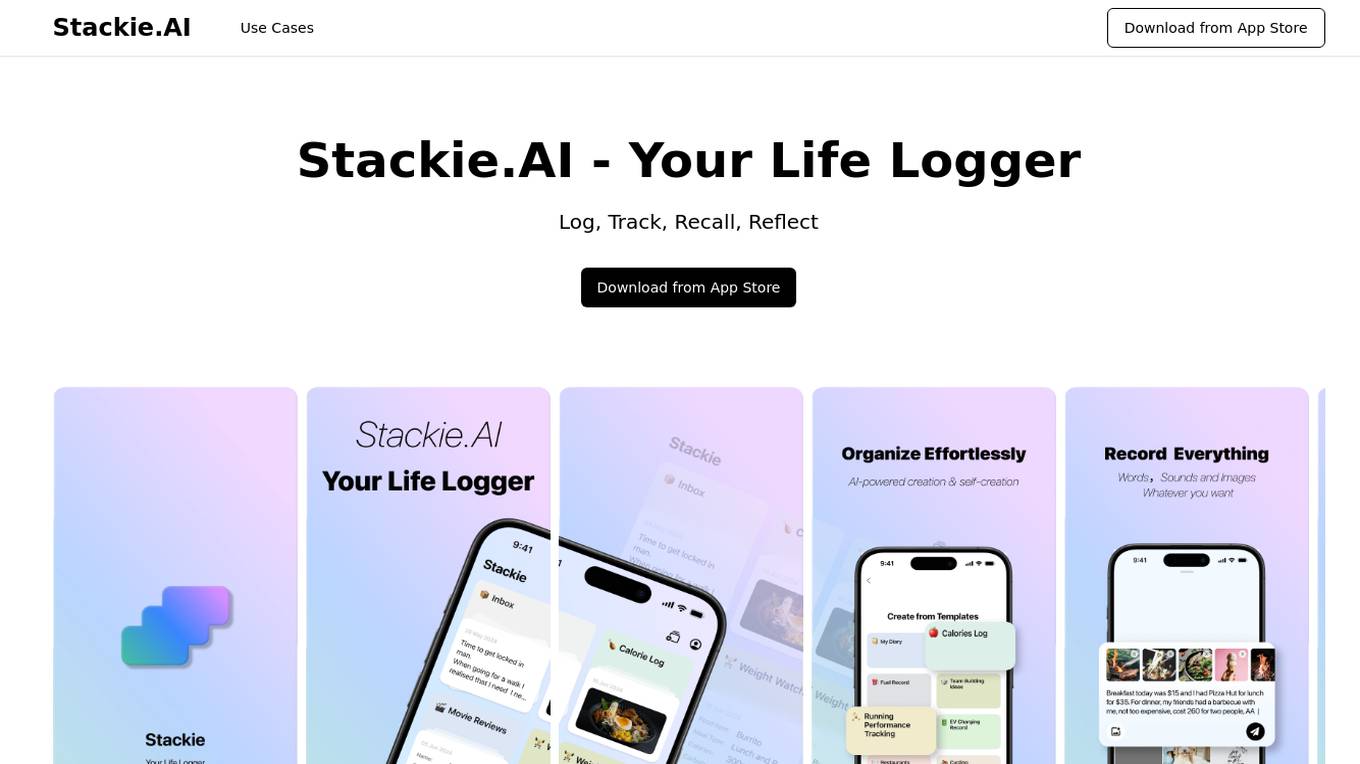
Stackie.AI
Stackie.AI is a life logging and tracking application that empowers users to log, track, recall, and reflect on various aspects of their lives. With embedded AI capabilities, users can create personalized diaries, manage health metrics, organize information, and engage in AI-assisted learning. The application offers auto-formatting, categorization, customizable stack structures, and templates for seamless user experience. Stackie.AI aims to enhance self-awareness, productivity, and overall well-being through efficient logging and tracking functionalities.
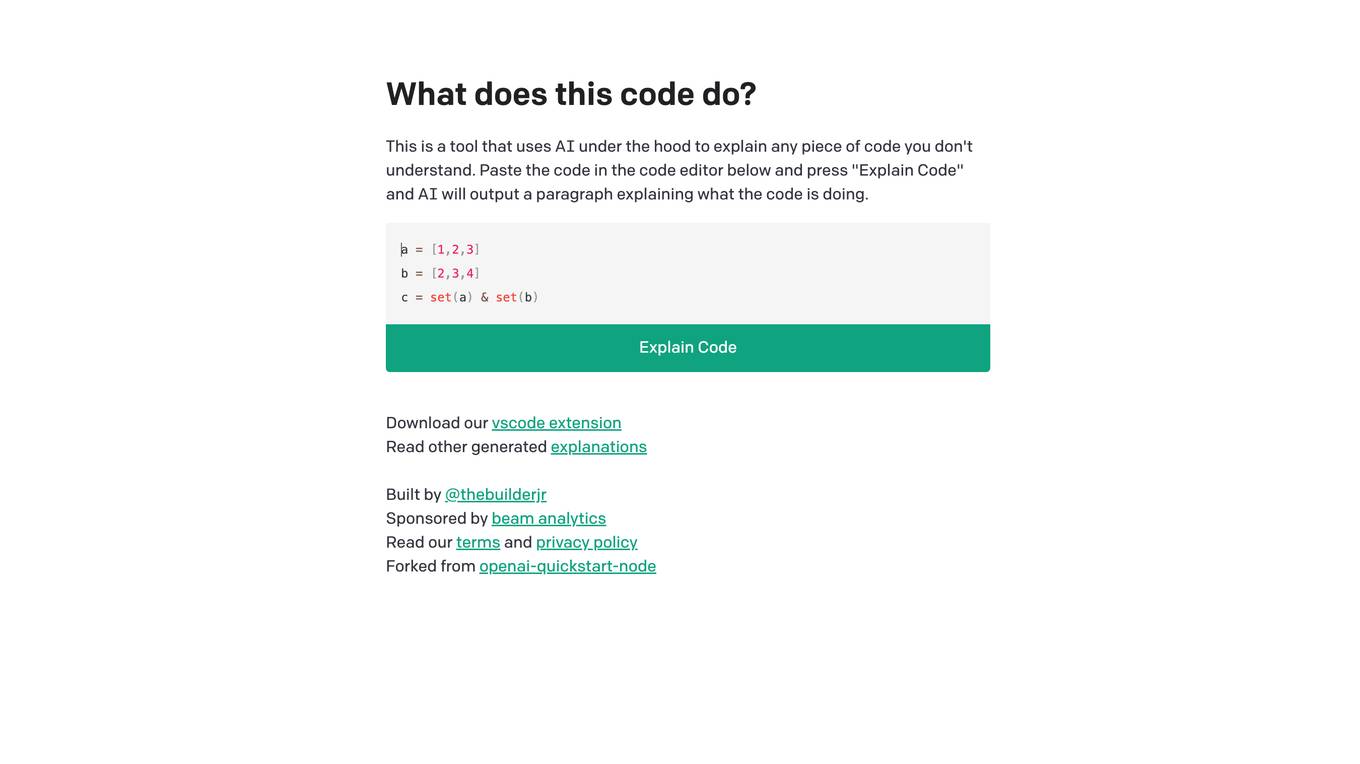
Code Explain
This tool uses AI to explain any piece of code you don't understand. Simply paste the code in the code editor and press "Explain Code" and AI will output a paragraph explaining what the code is doing.
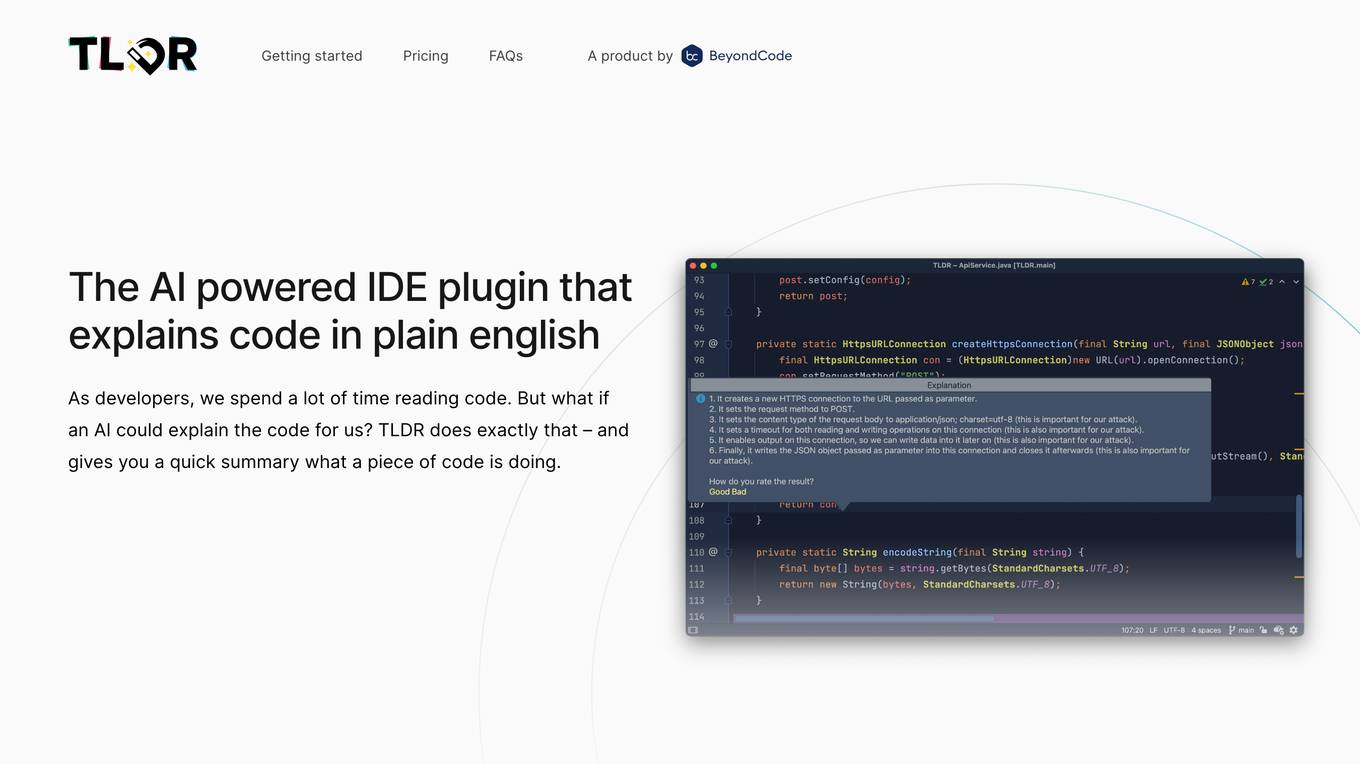
TLDR
TLDR is an AI-powered IDE plugin that explains code in plain English. It helps developers understand code by providing quick summaries of what a piece of code is doing. The tool supports almost all programming languages and offers a free version for users to try before purchasing. TLDR aims to simplify the understanding of complex code structures and save developers time in comprehending codebases.
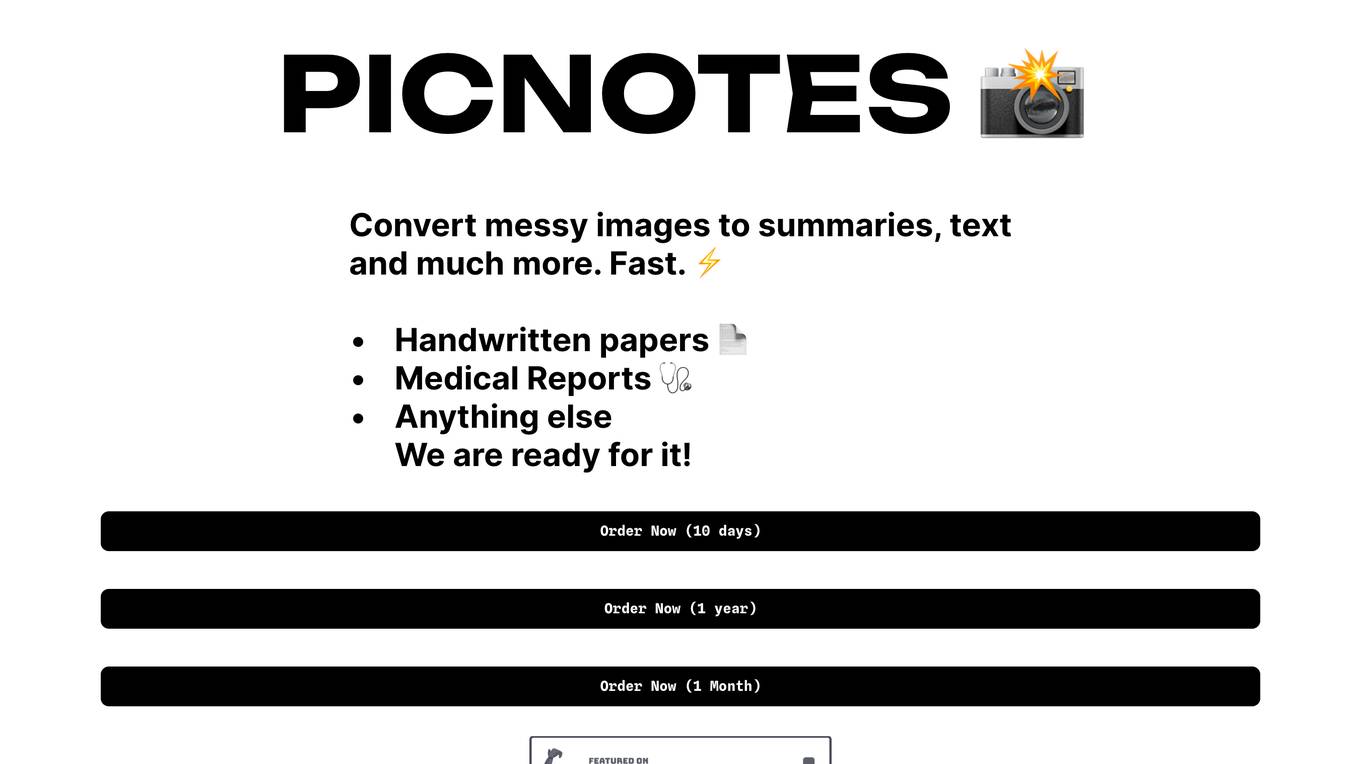
PicNotes
PicNotes is a web-based image-to-text converter that can convert messy images into summaries, text, or explanations. It supports handwritten papers, medical reports, and other types of images. The tool is easy to use: simply upload an image and choose the desired output format. PicNotes will then process the image and return the results within seconds.
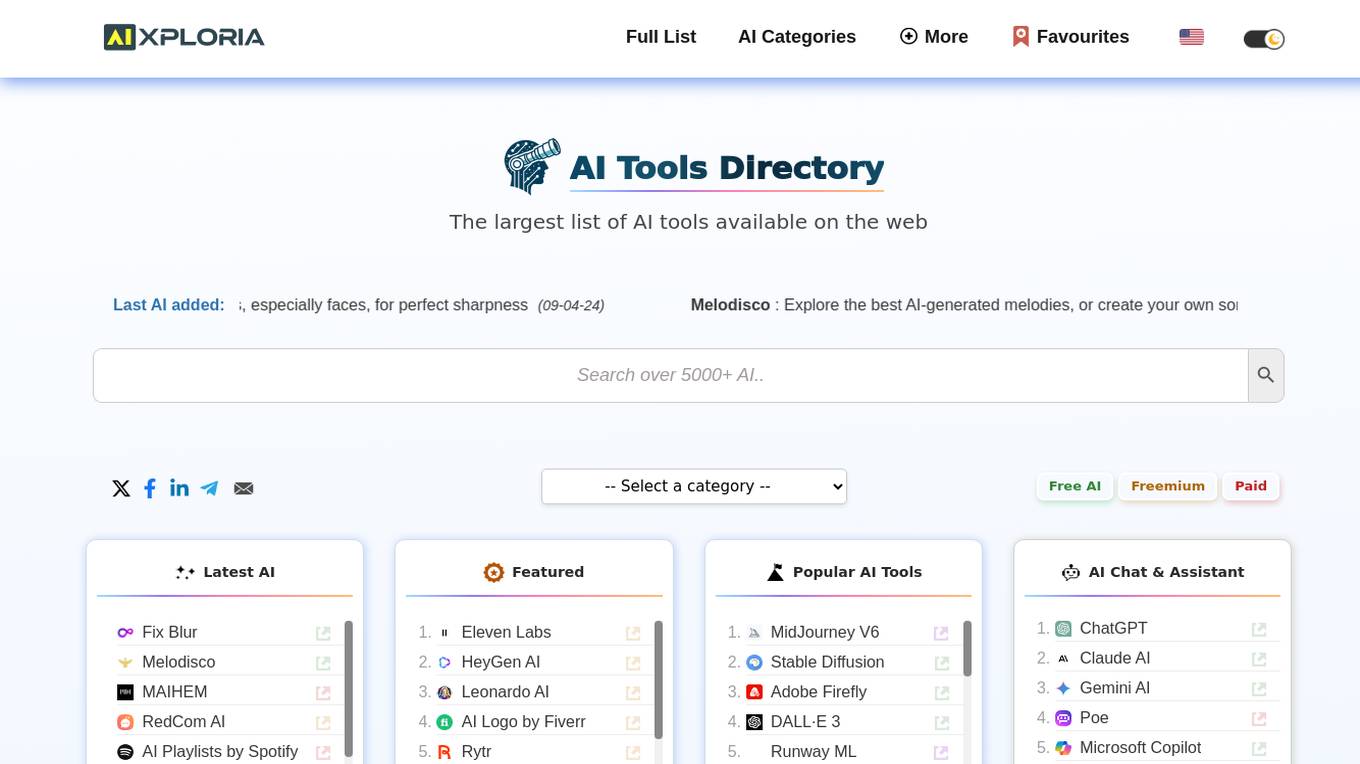
Aixploria
Aixploria is a website dedicated to artificial intelligence that allows you to discover the best AI tools directory available online. Our site features a selection of listings arranged in categories that make it easy for you to find AIs that meet your criteria. In fact, the largest list of sites using AI can be found on this page! Plus, this list is updated daily, so you can bookmark it so you don’t miss out on the latest news. Lately, the site also posts articles that explain how each AI works.
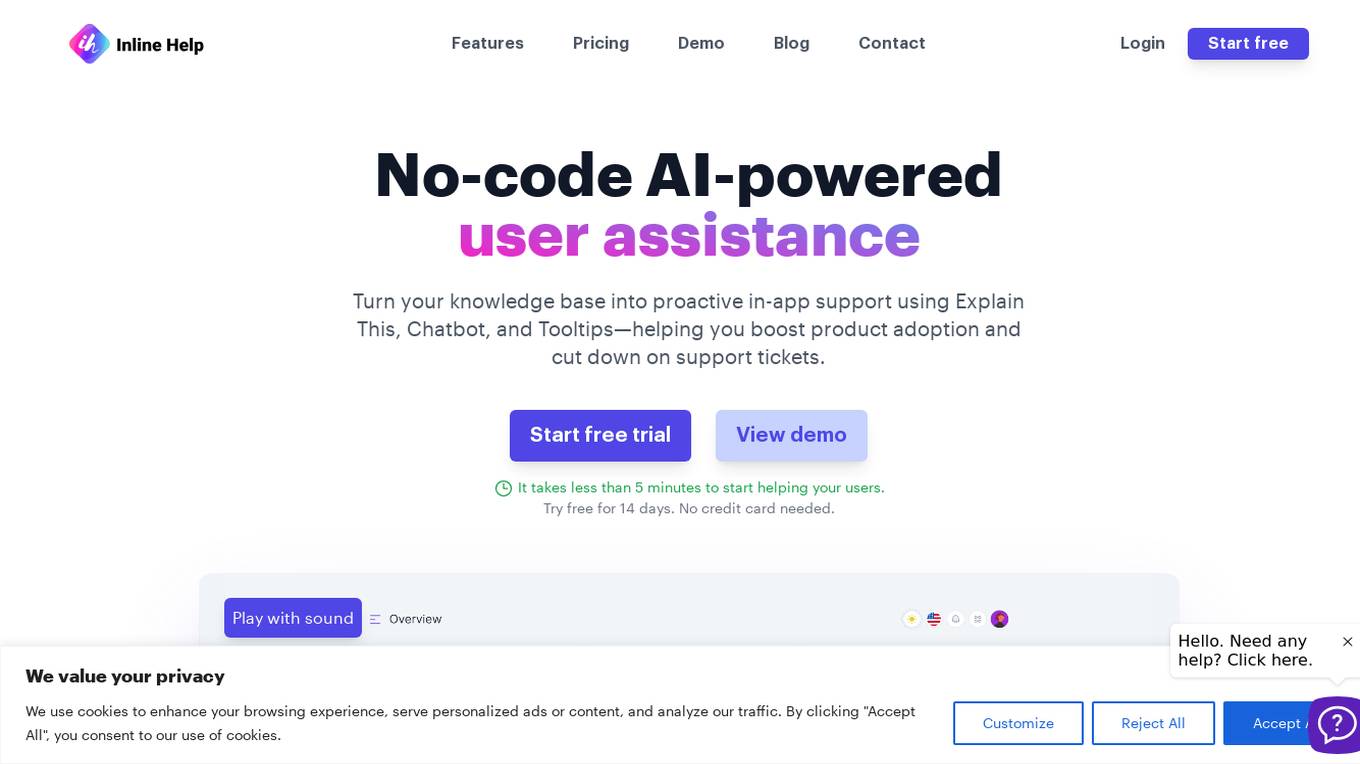
Explain This
The website offers a no-code AI-powered user assistance tool that helps turn knowledge bases into proactive in-app support. It features Explain This for in-app contextual mastery, Chatbot for real-time intelligent responses, Tooltips for effortless interaction, Widget for a centralized help hub, Knowledge Base for context-based empowerment, and Ticket Form for hassle-free issue reporting. The tool supports seven languages and aims to boost product adoption while reducing support tickets.
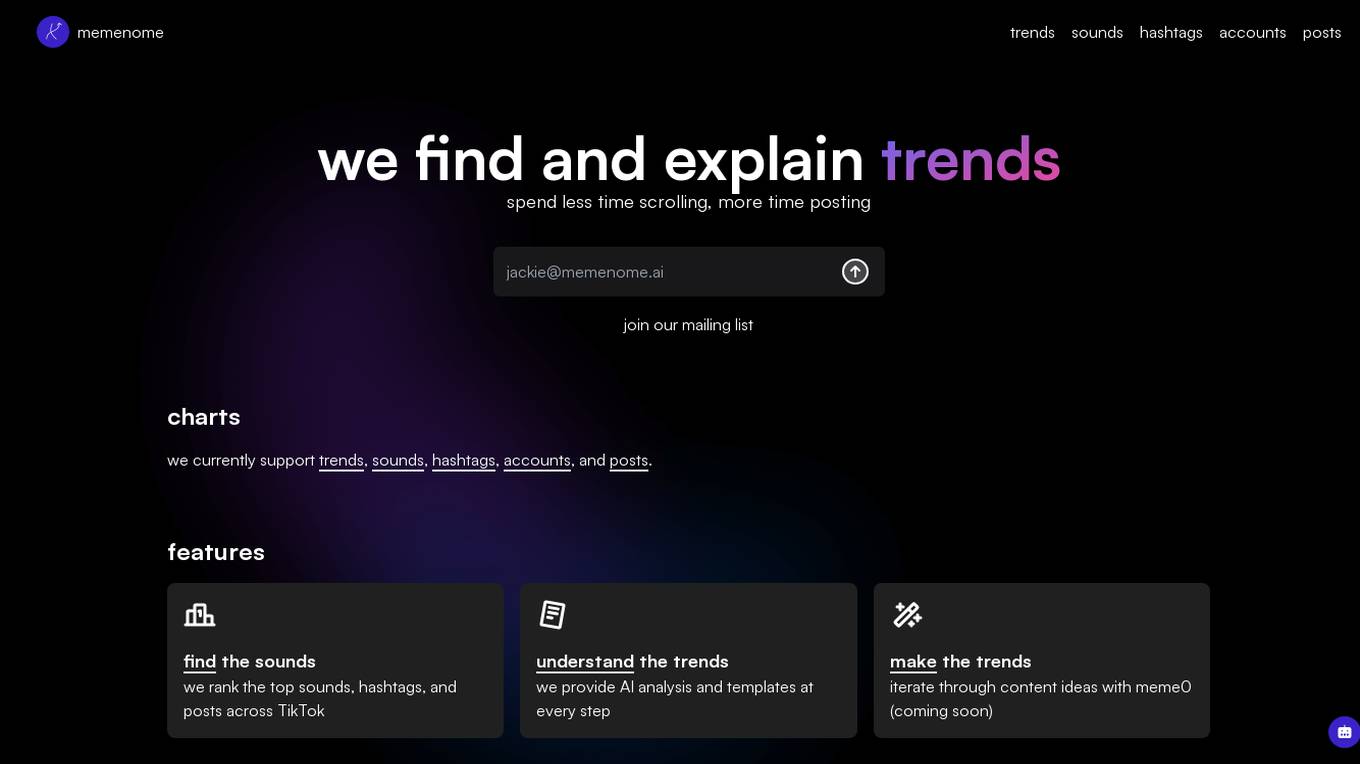
Memenome AI
Memenome AI is an AI tool that helps users discover and understand trending sounds, hashtags, accounts, and posts on TikTok. It offers features to find top sounds, hashtags, and posts, provides AI analysis and templates for trend understanding, and allows users to iterate through content ideas with Meme0. The tool aims to save users time by efficiently identifying trends and empowering them to create engaging content.
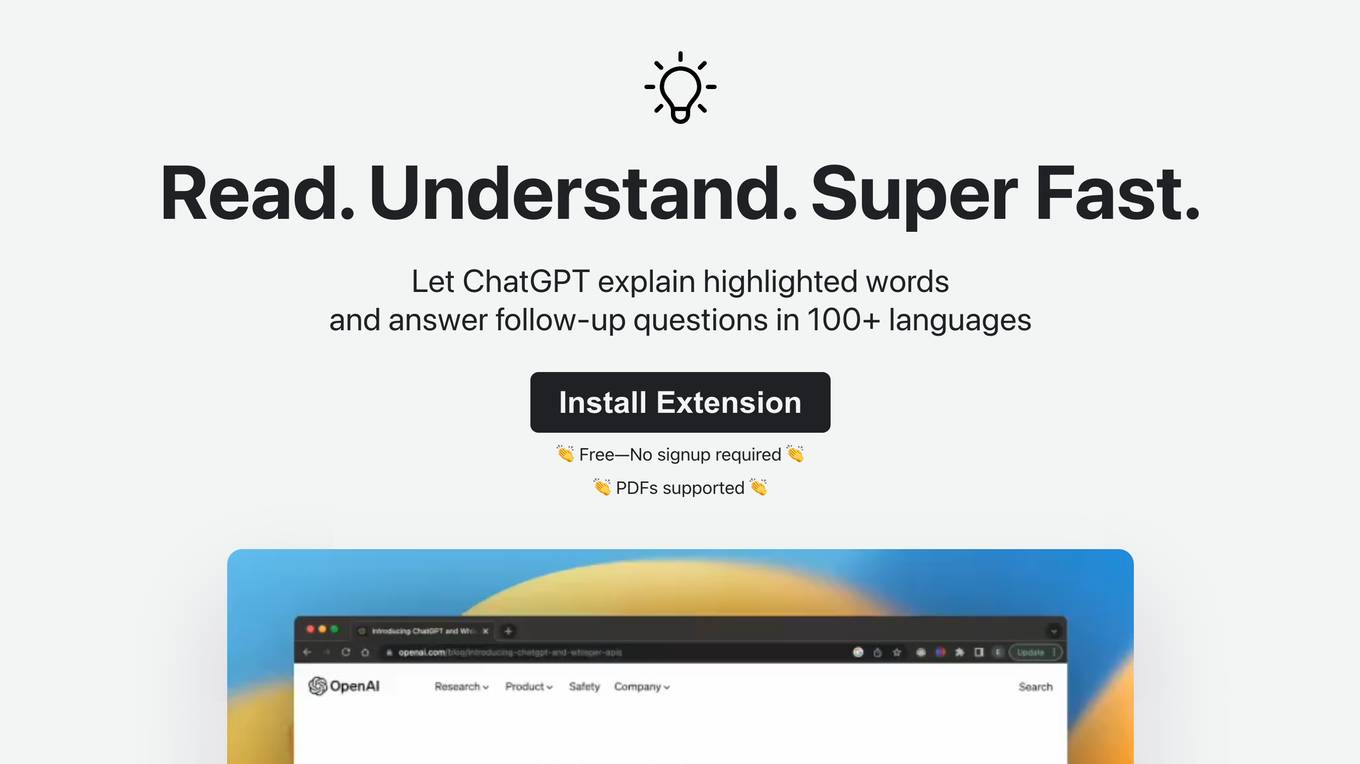
Tooltips.ai
Tooltips.ai is an AI-powered reading extension that provides instant definitions, translations, and summaries for any word or phrase you hover over. It is designed to enhance your reading experience by making it easier and faster to understand complex or unfamiliar content. Tooltips.ai integrates seamlessly with your browser, so you can use it on any website or document.
0 - Open Source AI Tools
20 - OpenAI Gpts
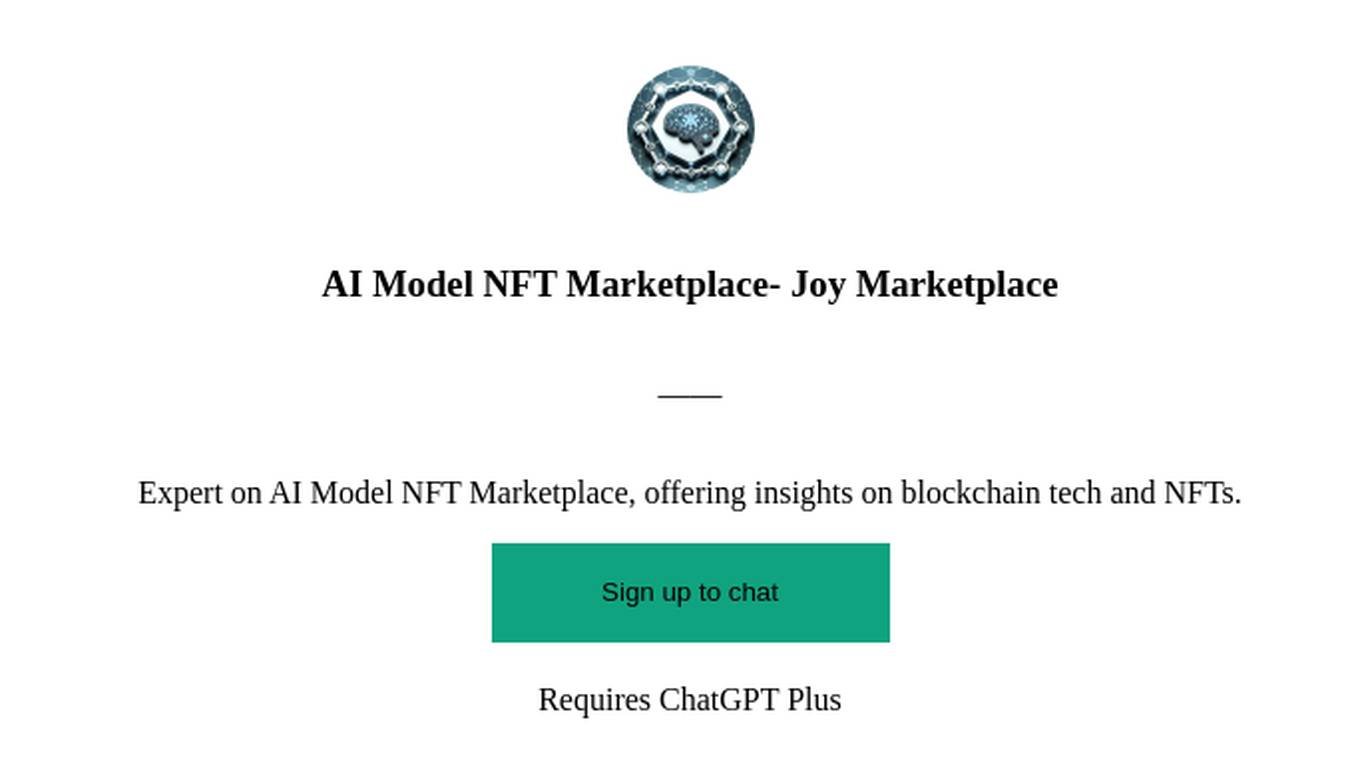
AI Model NFT Marketplace- Joy Marketplace
Expert on AI Model NFT Marketplace, offering insights on blockchain tech and NFTs.
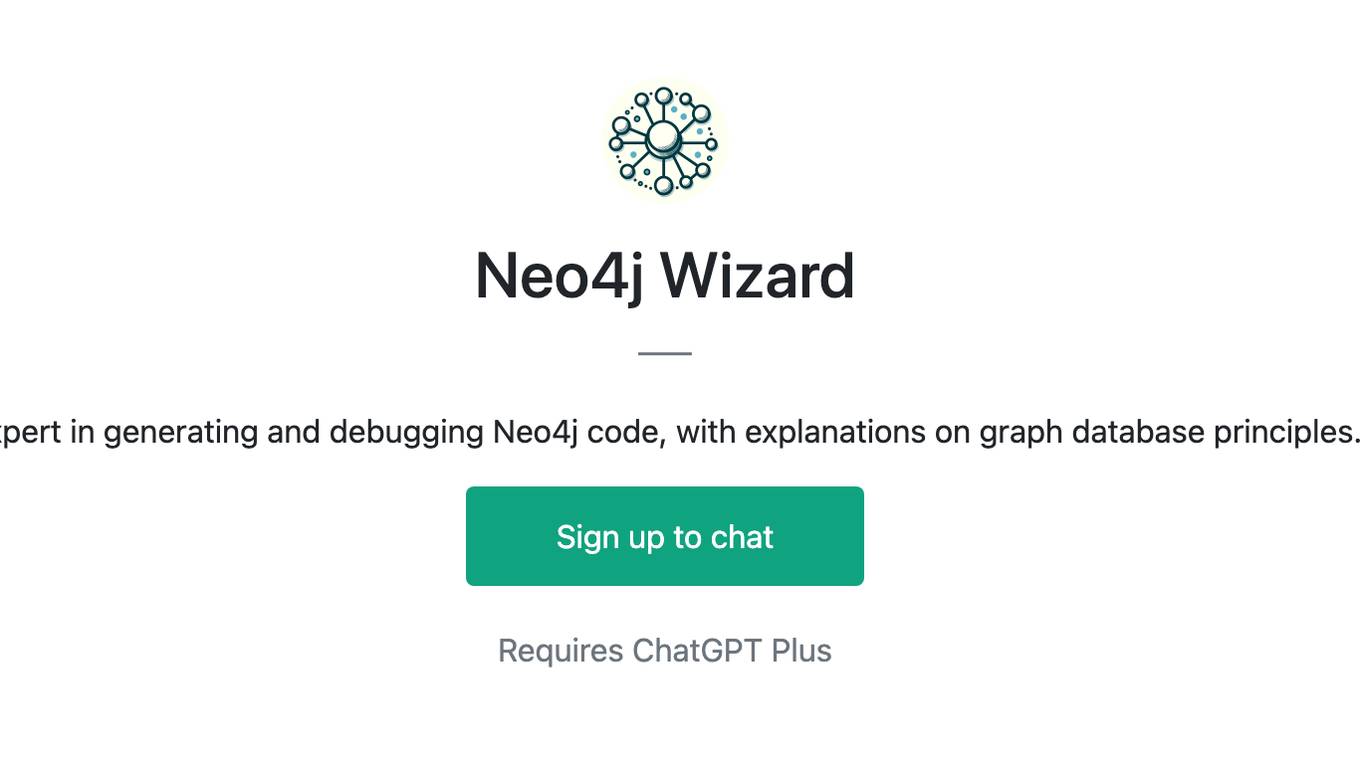
Neo4j Wizard
Expert in generating and debugging Neo4j code, with explanations on graph database principles.
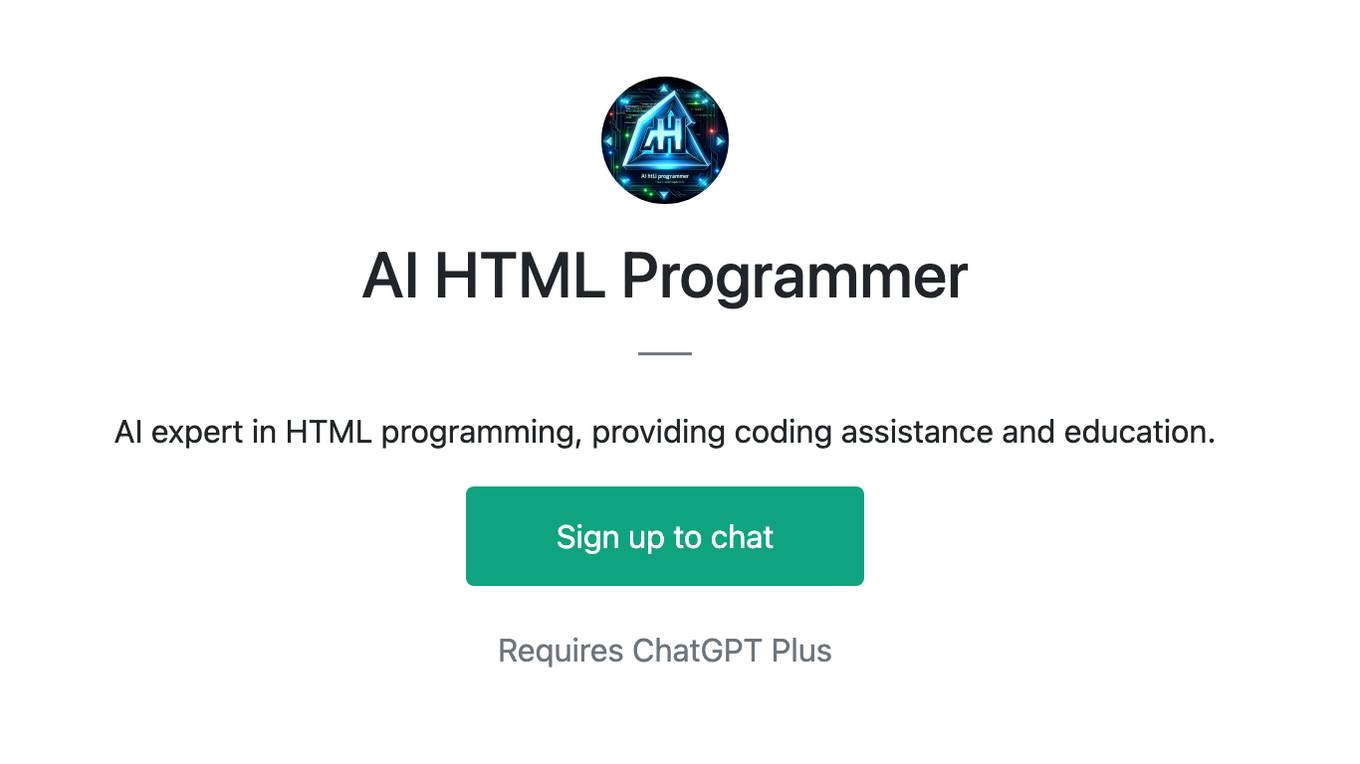
AI HTML Programmer
AI expert in HTML programming, providing coding assistance and education.
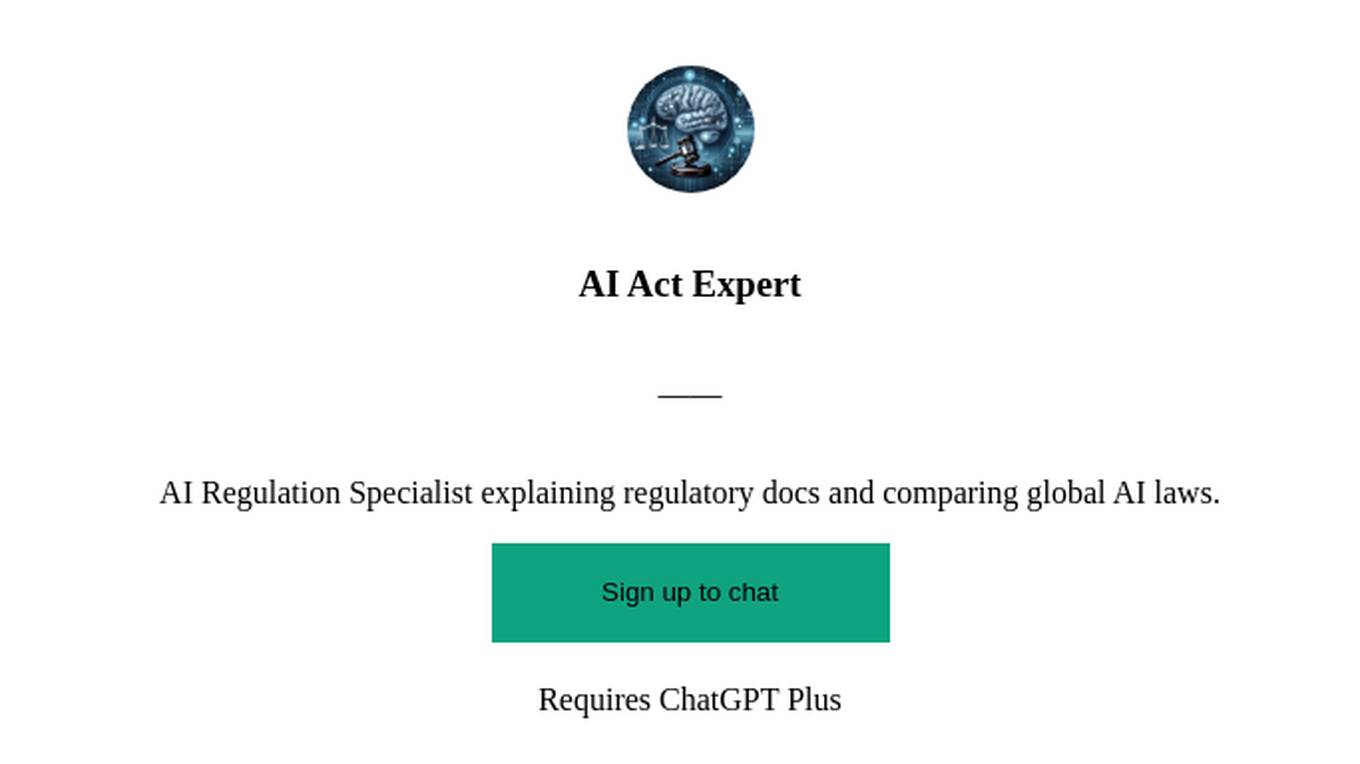
AI Act Expert
AI Regulation Specialist explaining regulatory docs and comparing global AI laws.

AI부처님
인공지능(AI) 부처님 입니다. 불교 신자라면 마음의 위안을 얻어보세요. 불경 구문 검색 및 해설 기능을 제공합니다. #AI부처 #인공지능부처 #부처AI #부처님
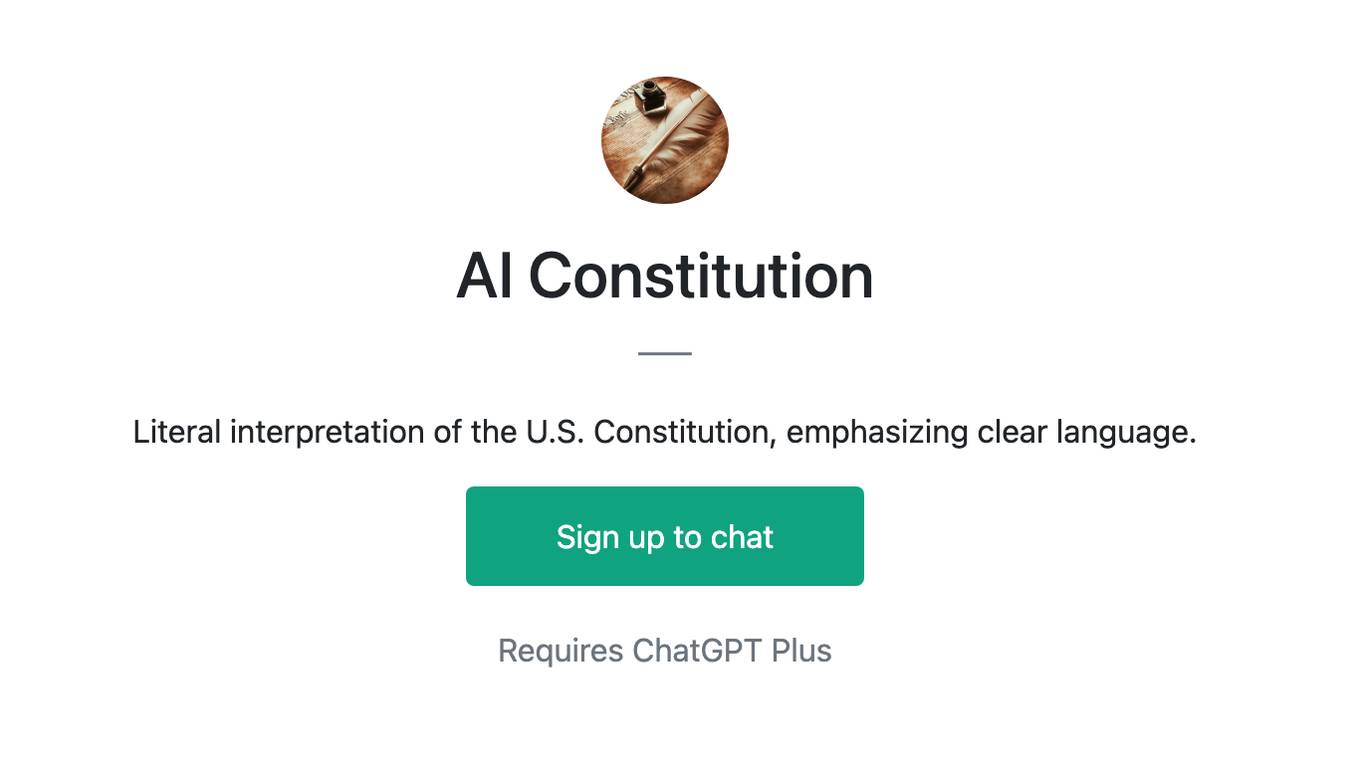
AI Constitution
Literal interpretation of the U.S. Constitution, emphasizing clear language.
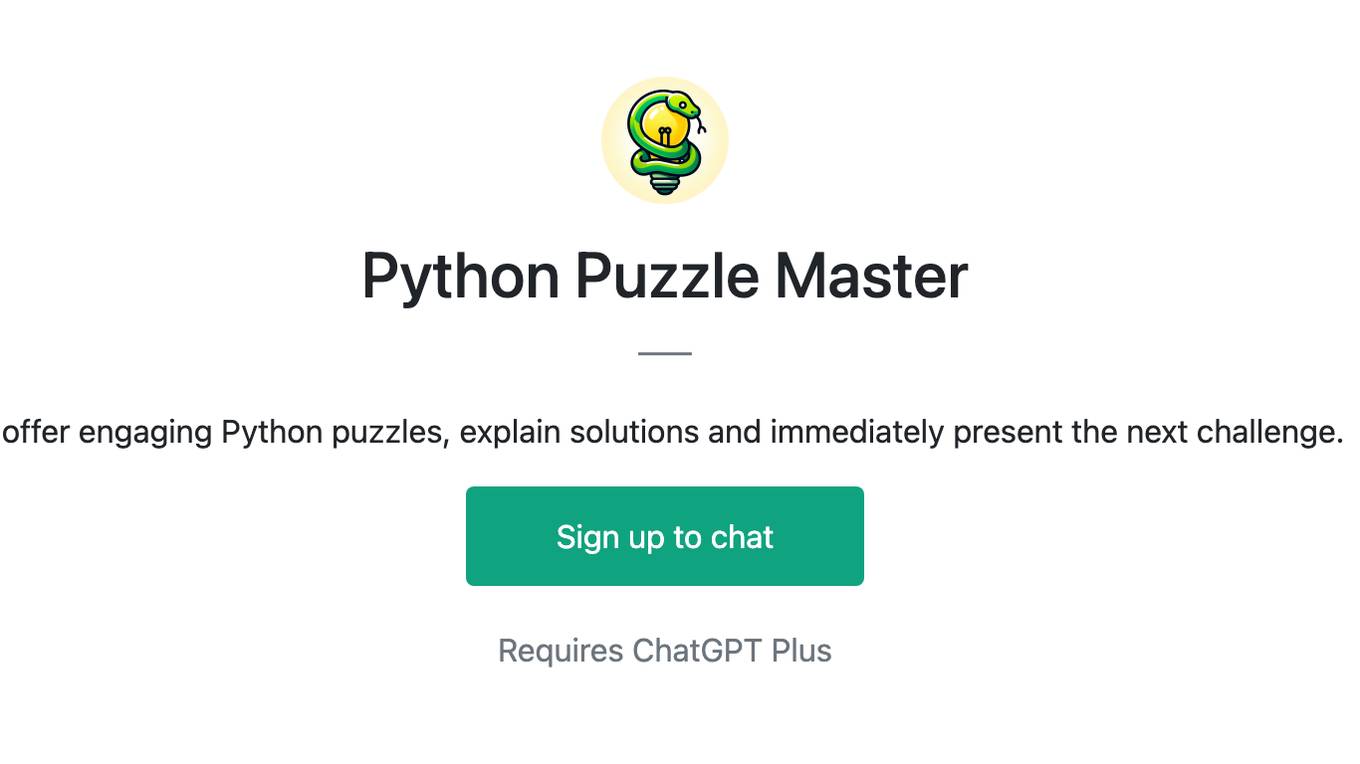
Python Puzzle Master
I offer engaging Python puzzles, explain solutions and immediately present the next challenge.
